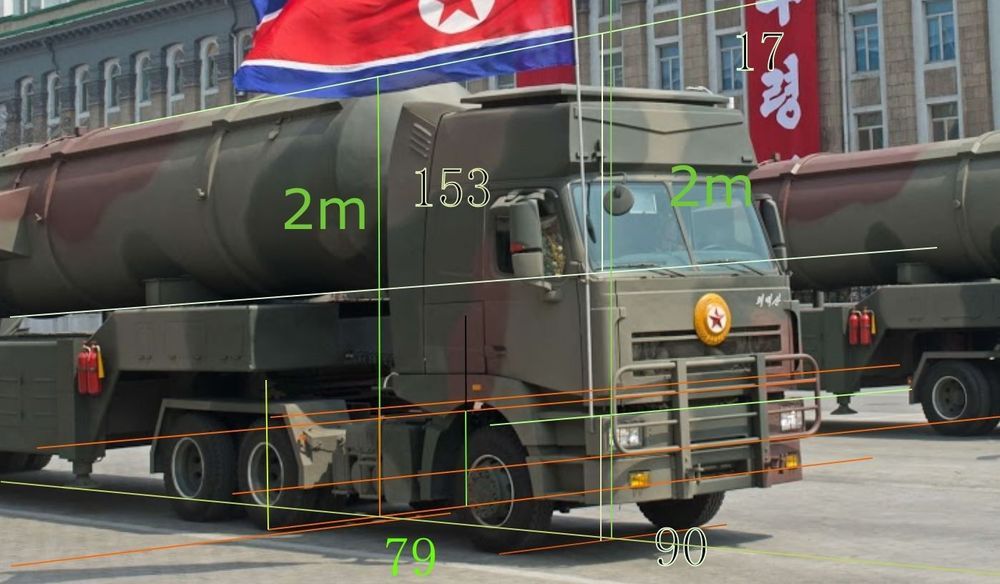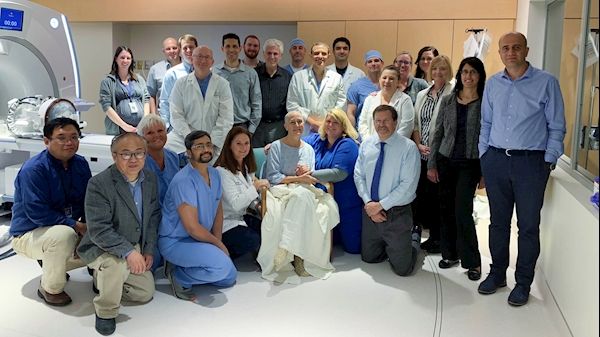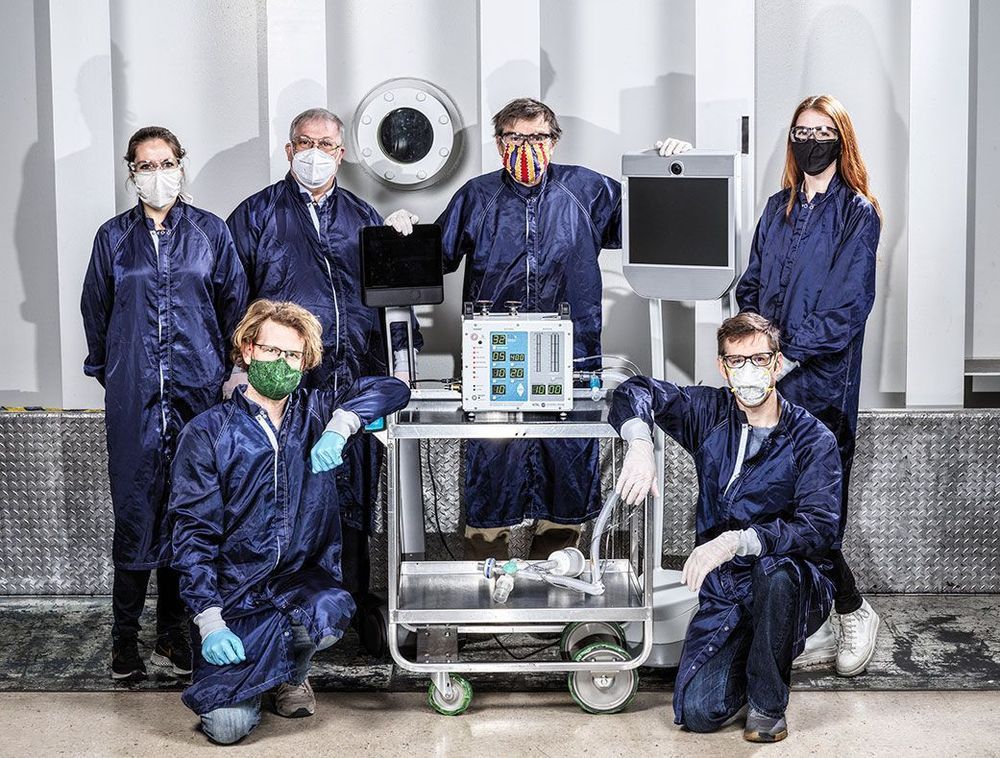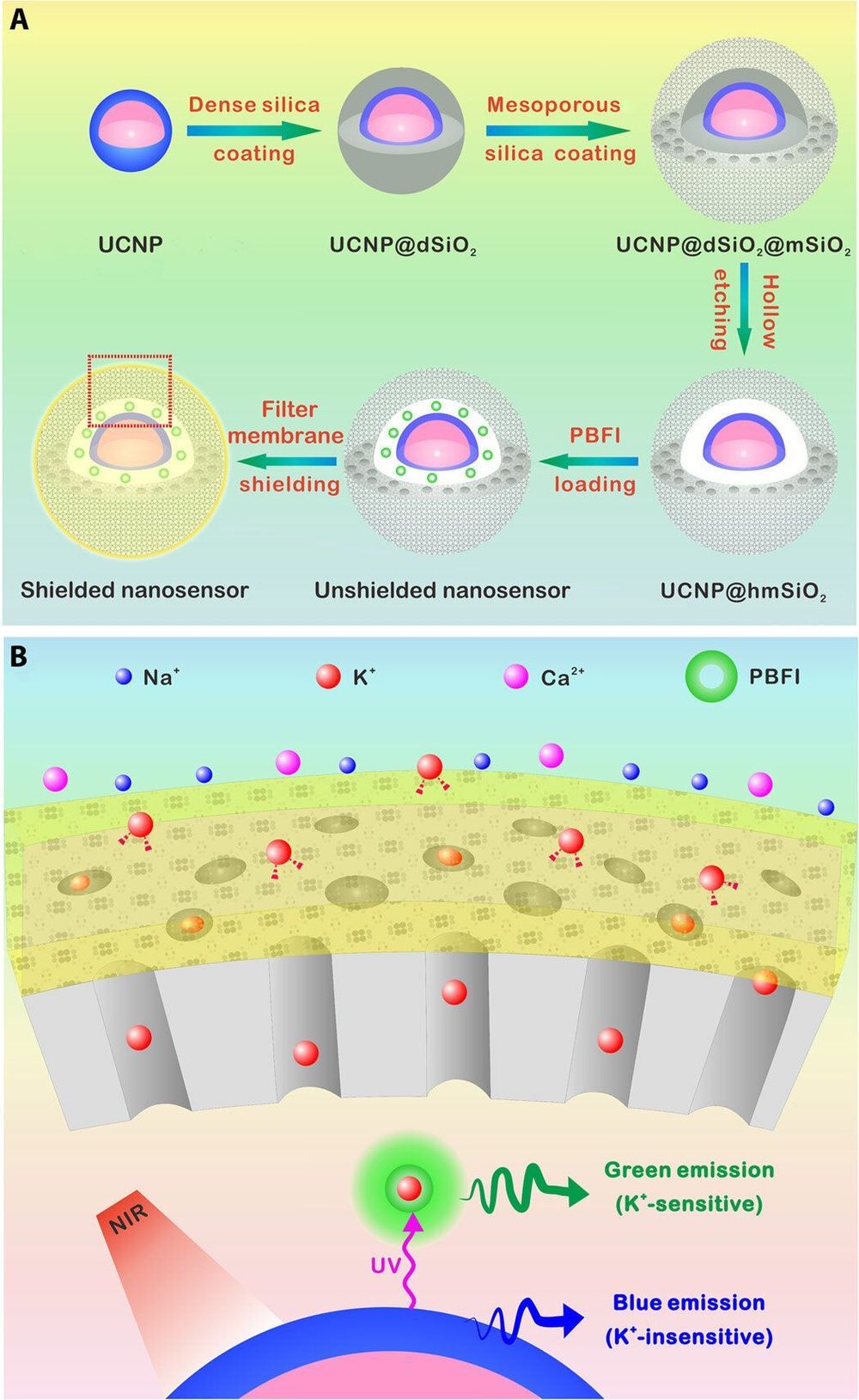O,.,o.
Throughout Syria’s lengthy conflict, Bellingcat has worked to investigate a large number of chemical attacks, including the nature of the weapons deployed in those attacks, using open source evidence. From modified chlorine cylinders to locally made surface to surface rockets filled with Sarin, Bellingcat has revealed the nature, and origin, of these chemical weapons, confirming the Syrian government’s involvement in a range of chemical attacks.
Following a series of Sarin attacks in Al Lataminah and Khan Sheikhoun in March and April 2017, Bellingcat worked with open source evidence to slowly piece together the nature of the bomb used in the attacks. Bellingcat first published its conclusions in November 2017, and continued to build on the body of evidence it had uncovered. After the OPCW Investigation and Identification Team (IIT) report was published this week, confirming the type of bomb used in the March 24 and March 30, 2017 Sarin attacks in Al Lataminah, we now have their confirmation of the type of bomb used, the Syrian M4000 chemical bomb.
In this article, we examine the evidence and processes used by Bellingcat to identify this same munition, and what it tells us about the use of Sarin as a chemical weapons in Syria, years after Syria was meant to have destroyed its chemical weapons stockpiles in the aftermath of the August 21, 2013 Sarin attacks.







